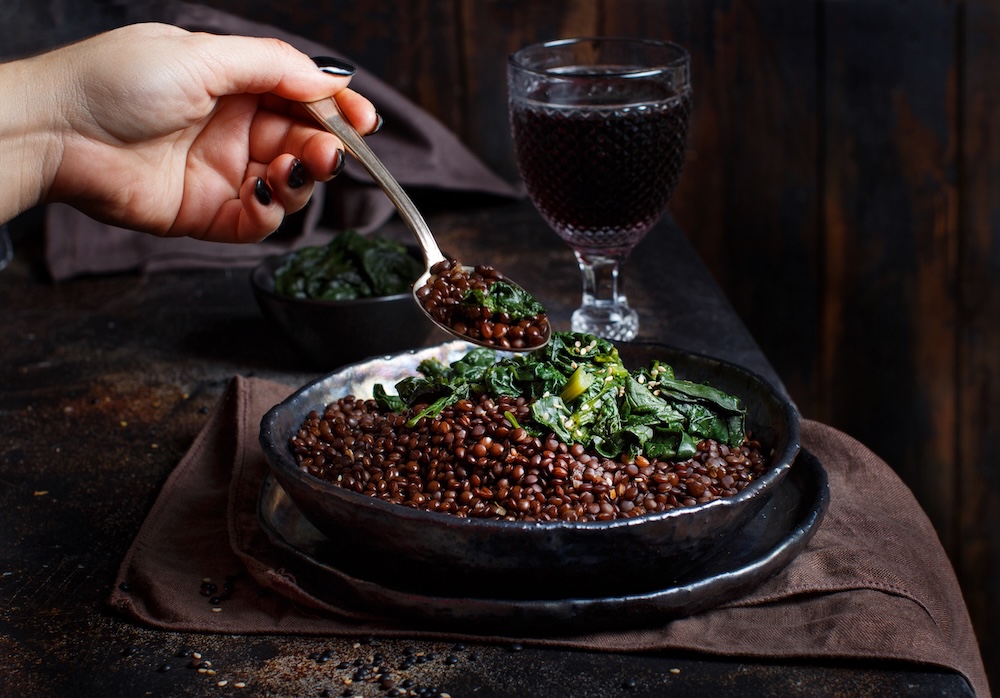A balanced diet isn’t just good for your body — it’s good for the planet too. Choosing nutrient-dense foods, especially those rich in essential minerals like iodine, supports energy, metabolism, and long-term health. But how we source those foods also shapes ecosystems, fisheries, and agricultural systems worldwide. In this guide, we’ll explore the role of iodine, the importance of complementary nutrients, and how sustainable food choices can create ripple effects for both human well-being and environmental resilience.
Why Iodine Matters
Iodine is a trace mineral essential for thyroid health, which regulates metabolism, growth, and energy production. During pregnancy and childhood, iodine is critical for brain development. Adults generally need about 150 micrograms per day, yet deficiencies remain common, especially in areas with iodine-poor soils or among people avoiding iodized salt.
Symptoms of deficiency range from goiter (enlarged thyroid) to hypothyroidism and, in children, impaired development. Getting enough iodine is therefore a small but vital step toward maintaining long-term wellness.
Food Sources of Iodine — With a Sustainability Lens
- Seaweed: The richest natural source, containing up to 2,000 mcg per gram. Choose seaweed from responsibly harvested sources to avoid overexploitation and heavy metal contamination.
- Seafood: Fish and shellfish are excellent iodine sources — but opt for sustainably caught species like wild salmon, sardines, or mussels, which also support marine biodiversity.
- Dairy & Eggs: Traditional sources of iodine, though environmental impacts of industrial livestock make it worth choosing organic, local, or pasture-raised options when possible.
- Iodized Salt: Widely available, but moderation matters — too much sodium is linked to other health risks.
Nutrients That Work With Iodine
Iodine doesn’t act alone. Several vitamins and minerals support thyroid function and overall health:
- Selenium (Brazil nuts, seafood, mushrooms): Protects the thyroid from oxidative stress.
- Zinc (beans, pumpkin seeds, oysters): Important for immune health and hormone balance.
- Vitamin D (fatty fish, mushrooms, sunlight): Crucial for bone health and immunity.
- Iron (dark leafy greens, legumes, red meat in moderation): Supports oxygen transport and energy.
- Vitamin E (nuts, seeds, vegetable oils): An antioxidant that protects cells from damage.
Together, these nutrients create a synergy that supports metabolism, brain function, and immune resilience.
Sustainable Nutrient-Dense Foods
Egg Yolks
Rich in choline, vitamin D, and iodine (about 18 mcg per yolk). Opt for pasture-raised eggs, which have better omega-3 content and lower environmental impact than industrial eggs.
Mushrooms
Provide B vitamins, selenium, and beta-glucans. Some mushrooms can even be grown on agricultural byproducts, making them a low-impact, circular food.
Fatty Fish
Salmon, sardines, and anchovies deliver omega-3s, vitamin D, and iodine. Look for the MSC (Marine Stewardship Council) label to ensure responsible fisheries.
Quinoa
A gluten-free grain high in protein, fiber, magnesium, and iron. Choose fair-trade quinoa to support communities where overexporting has stressed local food systems.
Lentils
Rich in protein, iron, and folate. Lentils are a low-carbon crop, requiring little water compared to animal protein sources.
Brazil Nuts
A single nut can provide 100% of daily selenium needs. Choose wild-harvested Brazil nuts that support Amazon forest preservation.
Leafy Greens
Spinach, kale, and collards are packed with vitamins A, C, and K, plus calcium. Opt for locally grown, seasonal greens to minimize transport emissions.
Hearty, Sustainable Recipes
- Salmon and Seaweed Salad: Combine wild salmon with leafy greens, cucumbers, and a sprinkle of seaweed flakes for a nutrient-dense, ocean-friendly meal.
- Veggie Omelet with Mushrooms and Spinach: A breakfast rich in iodine, vitamin D, and antioxidants — especially with pasture-raised eggs.
- Lentil and Quinoa Soup: A plant-based powerhouse of protein, iron, and fiber, with a smaller environmental footprint than meat-heavy alternatives.
- Tofu and Vegetable Stir-Fry: A sustainable way to pair plant-based protein with iodine-rich soy sauce and seasonal produce.
- Brazil Nut Pesto: Blend Brazil nuts, olive oil, garlic, and kale for a selenium-rich twist on a classic sauce.
Final Thoughts
From iodine to lentils, the foods we choose nourish more than just our bodies. Selecting nutrient-dense, sustainably sourced ingredients supports health while protecting ecosystems, forests, and oceans. In a world of depleted soils, overfished waters, and ultra-processed foods, eating sustainably becomes both an act of self-care and environmental stewardship.
With each meal, we have a chance to create ripples: protecting our thyroids, fueling our bodies, and sustaining the planet we depend on.








